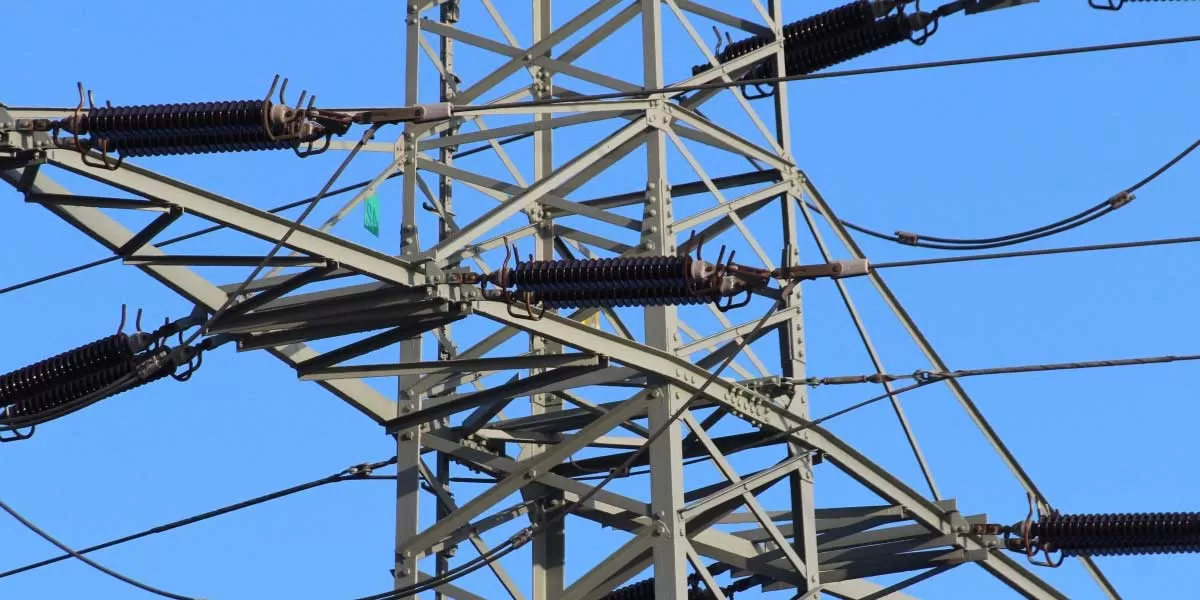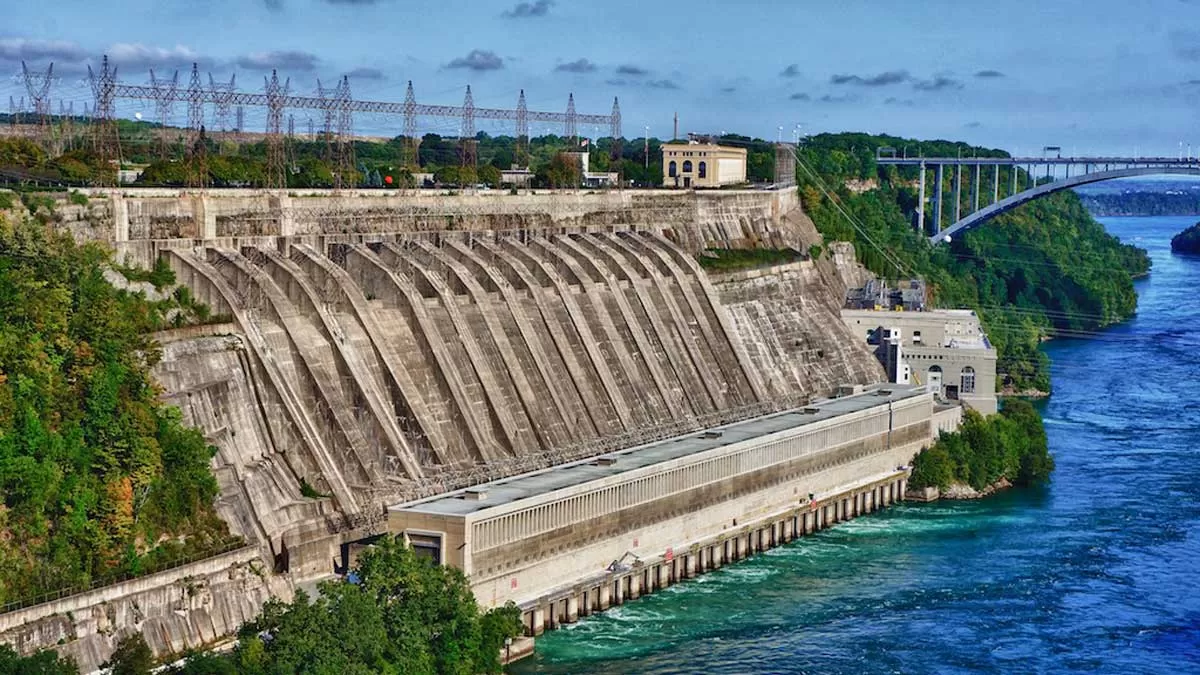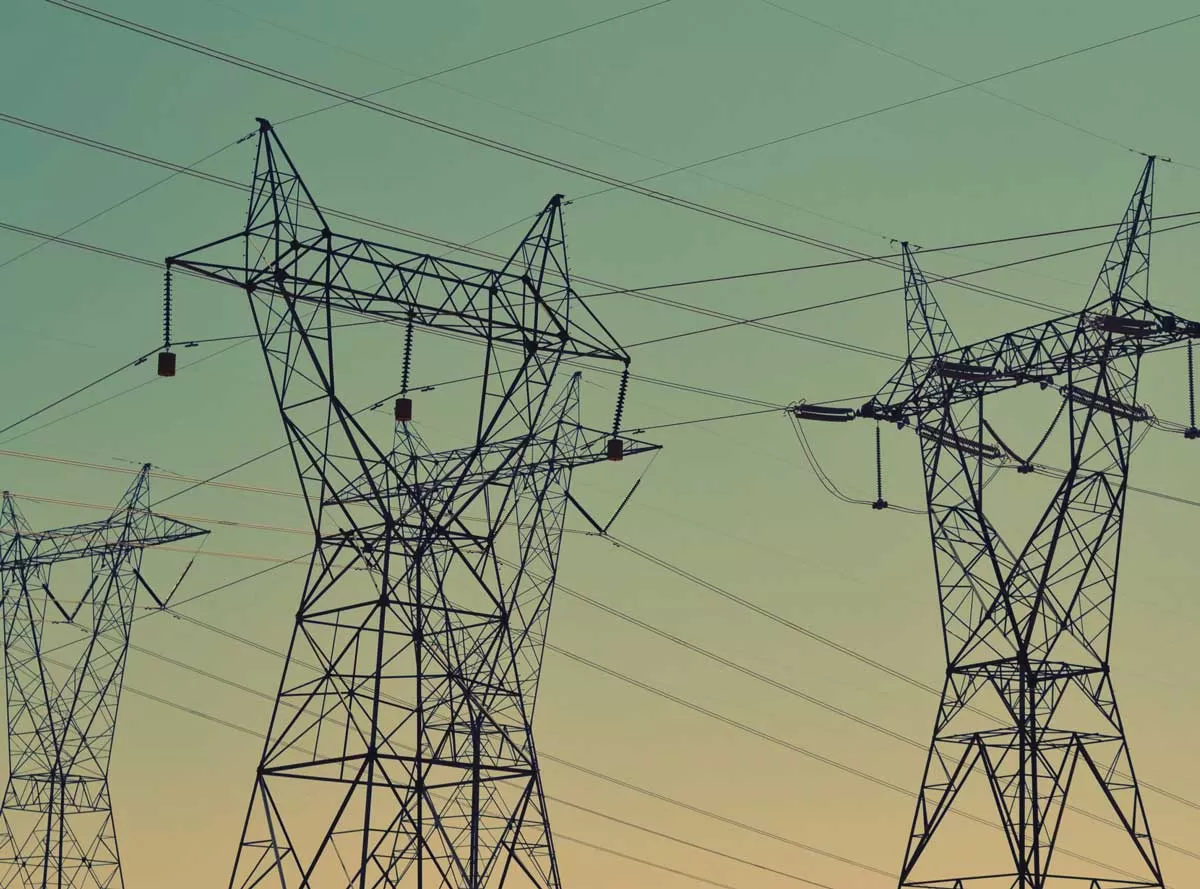

NHPC Plans to Raise Rs 20 Bn via Asset Securitisation in FY26
NHPC, India’s largest hydropower company, is planning to raise around Rs 20 billion through asset securitization in the upcoming financial year as part of its strategy to fund expansion projects. Although the specific assets for securitization have not yet been finalized, internal discussions are on-going. In the previous financial year (FY25), NHPC successfully met its monetization target by securitizing the free cash flow (return on equity) of its Dulhasti Power Station located in the Union Territory of Jammu & Kashmir. This securitization, spanning the next eight years, generated total p..

BHEL Consortium Bags Bhadla-Fatehpur UHVDC Transmission Project
Bharat Heavy Electricals (BHEL), in consortium with Hitachi Energy India, has secured a major contract from Rajasthan Part I Power Transmission, a wholly owned subsidiary of Adani Energy Solutions (AESL). The contract involves the design and execution of a 6,000 MW, 800 kV bi-pole and bi-directional High Voltage Direct Current (HVDC) transmission system. This system will facilitate the transfer of renewable energy from Bhadla in Rajasthan to Fatehpur in Uttar Pradesh, a key industrial and transport hub. Scheduled for completion by 2029, the HVDC link is a vital step in India's efforts to achi..

PFC Sanctions Rs 35 Bn Loan for Chhattisgarh Rail Project
Power Finance Corporation (PFC), a state-owned financial institution under the Ministry of Power, has sanctioned a loan of Rs 35.17 billion to Chhattisgarh East Railway (CERL) for the development of the East Rail Corridor Project in Chhattisgarh. The loan agreement, amounting to Rs 35.16 billion, was formally executed on March 28, 2025. The East Rail Corridor Project is currently under construction and is designed primarily to facilitate the efficient transportation of coal from various coal mines located in the region. The corridor will play a crucial role in connecting these coal sources to..














